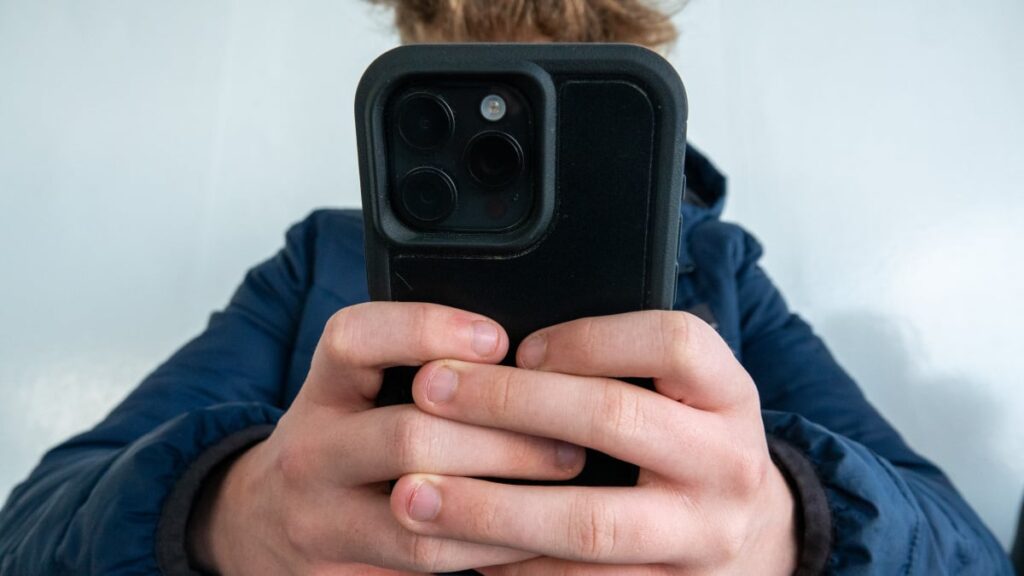The United Kingdom may soon force social media firms to seek out and remove underage users from their platforms.
The UK’s Office of Communications, more commonly known as Ofcom, has set out a plan to force tech companies to use facial recognition to ban social media users who are underage.
“The sort of thing that we might look to in that space is some of this facial age estimation technology that we see companies bringing in now, which we think is really pretty good at determining who is a child and who is an adult,”Jon Higham, Ofcom’s head of online safety policy, told The Telegraph in an interview. “So we’re going to be looking to drive out the use of that sort of content, so platforms can determine who’s a child and who isn’t, and then put in place extra protections for kids to stop them [from] seeing toxic content.”
Mashable Top Stories
Ofcom told the Telegraph that up to 60 percent of eight to 11-year-olds have social media profiles, despite most major social platforms requiring users to be at least 13 years old. Lots of kids, as one might expect, lie about their age online.
“What we see is 22 percent of children are online with a profile which suggests they’re an adult because at the moment all too many platforms basically let children self-certify how old they are,” Higham told The Telegraph. “It doesn’t take a genius to work out that children are going to lie about their age.”
Governments worldwide continually grapple with how to protect kids from the worst of the online world. In Australia, for instance, they’ve passed legislation banning anyone under 16 from using social media. Tech companies could be fined millions of dollars if they don’t comply.
World’s strictest social media law targets users under 16 in Australia
Keeping kids off social media is likely a good idea, as Mashable coverage of many, many surveys and studies has shown. It’s a tough task, but it may prove worthwhile for the mental health of every kid with a WiFi connection.


